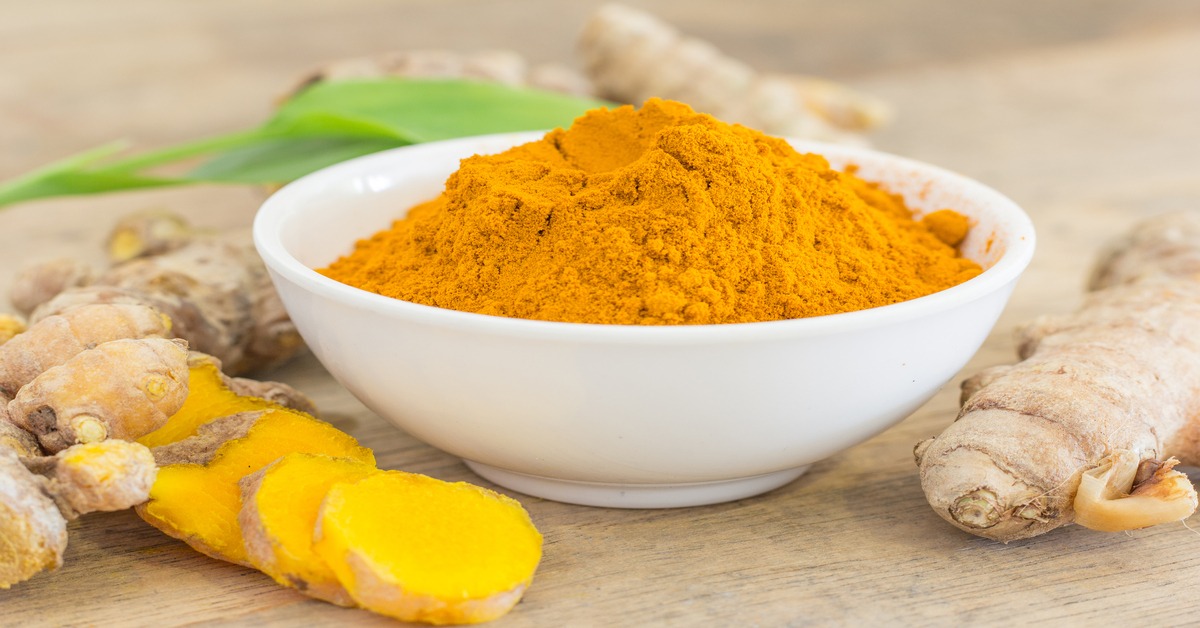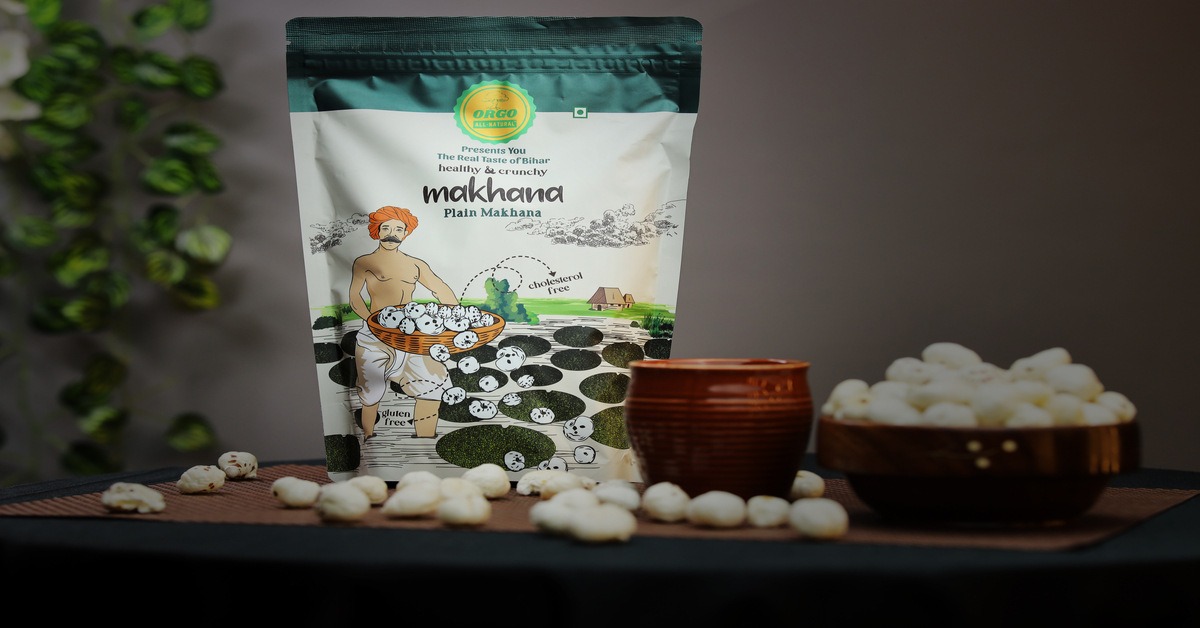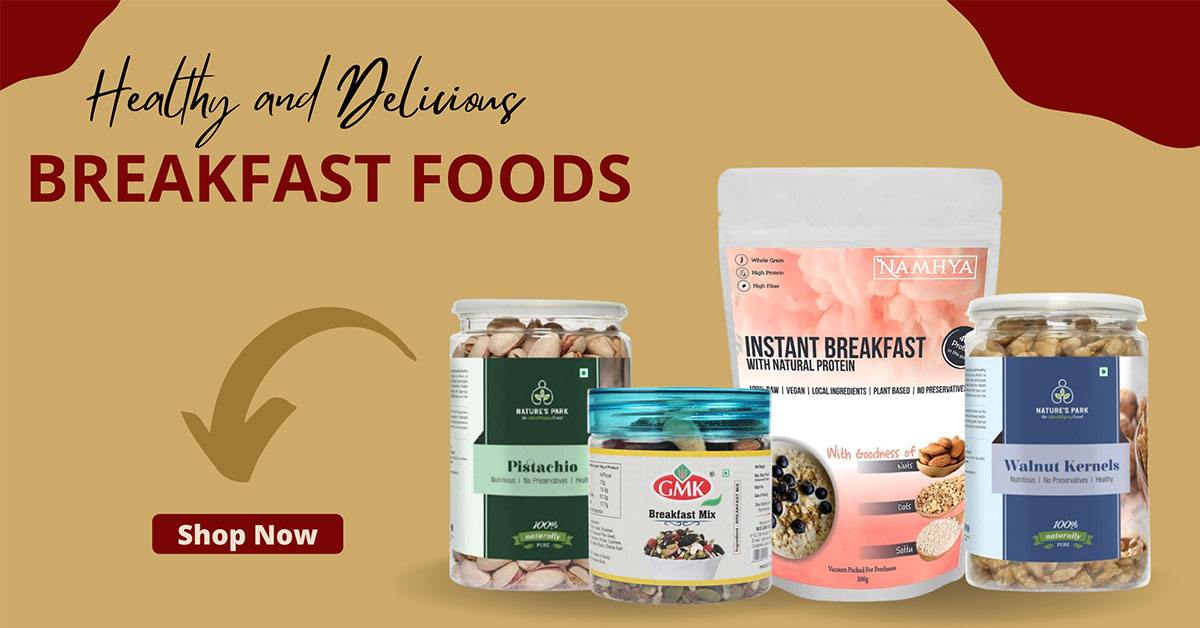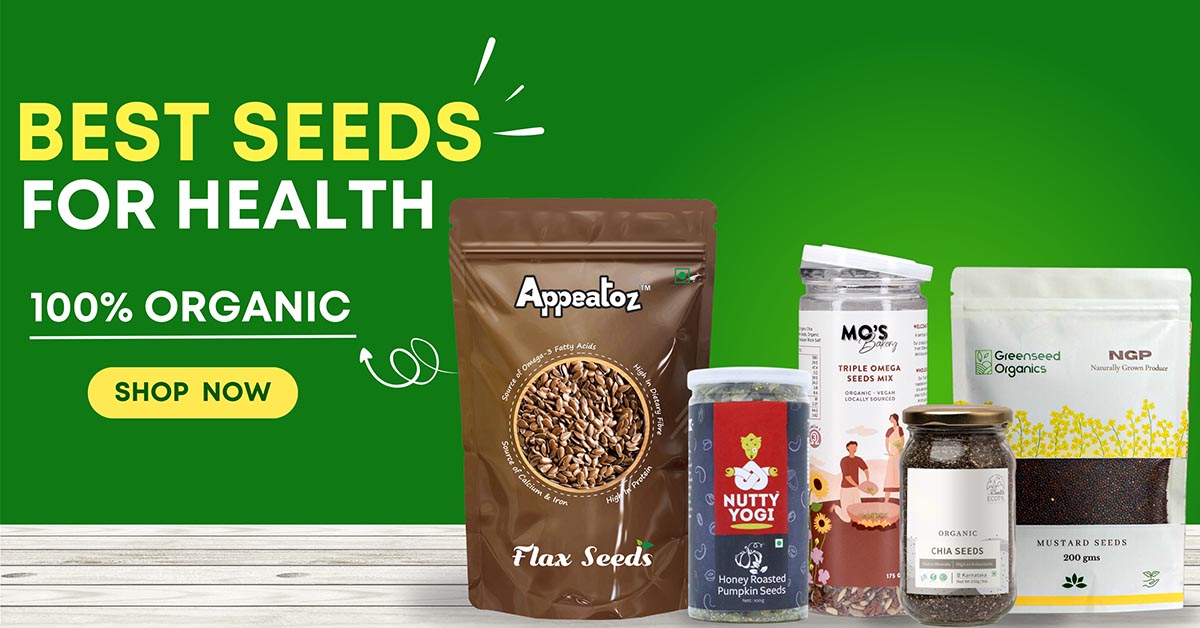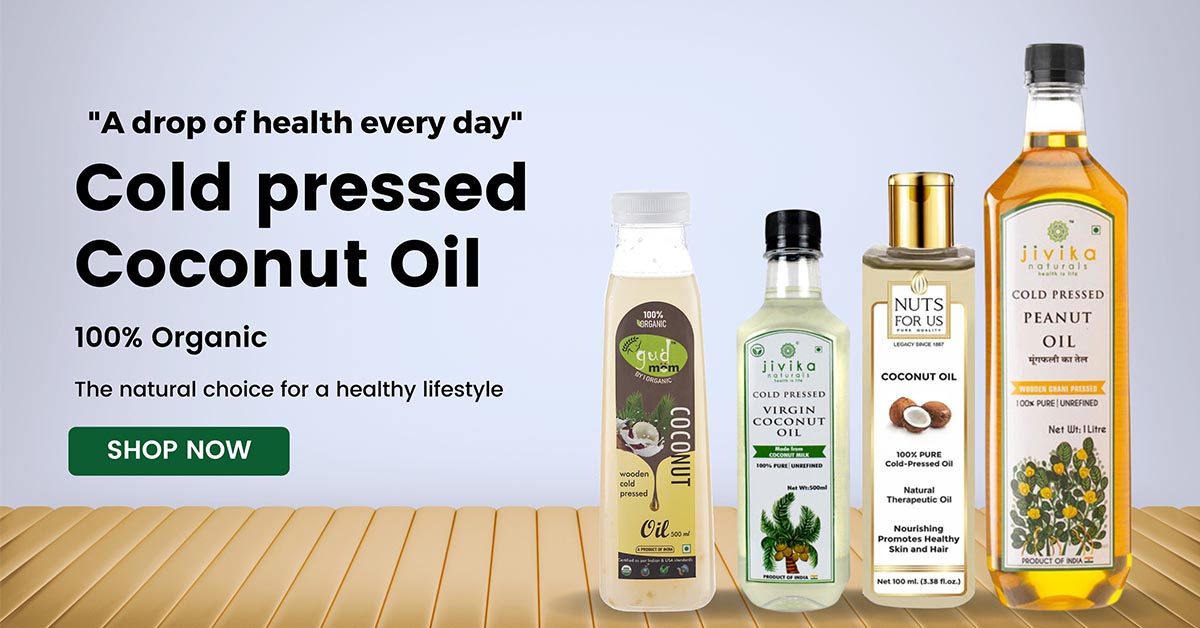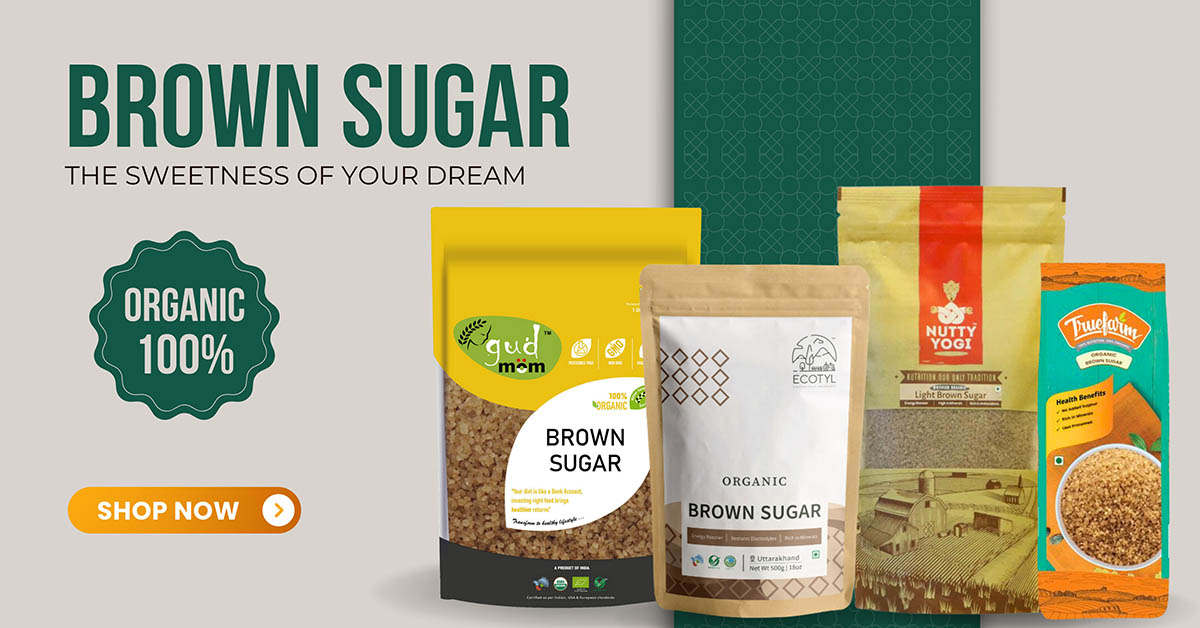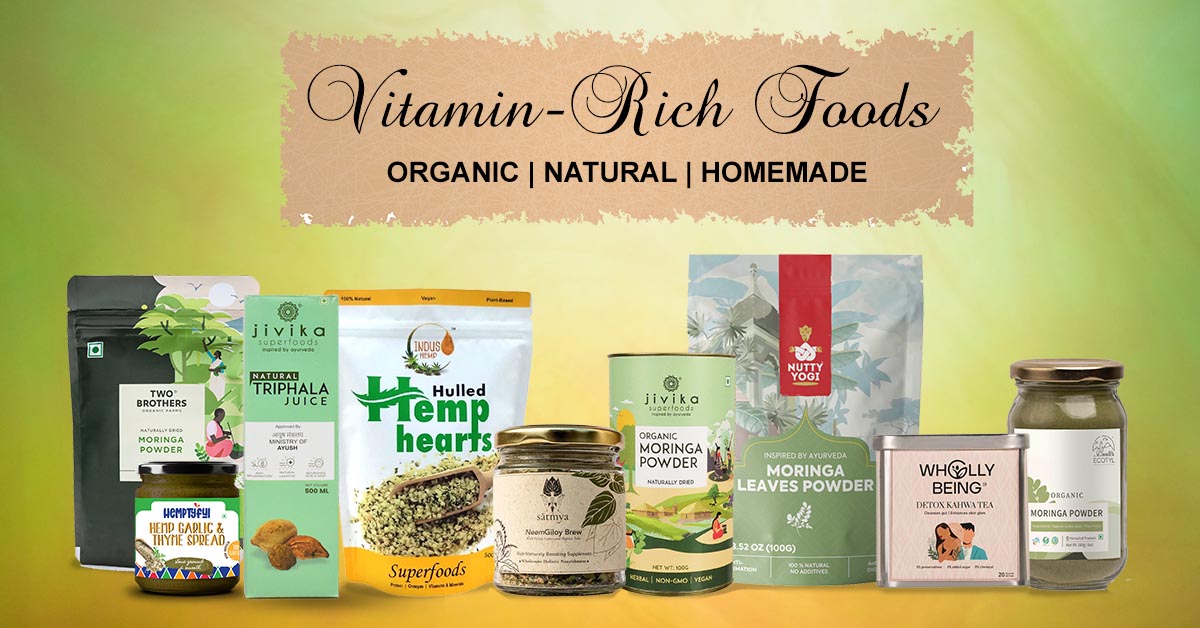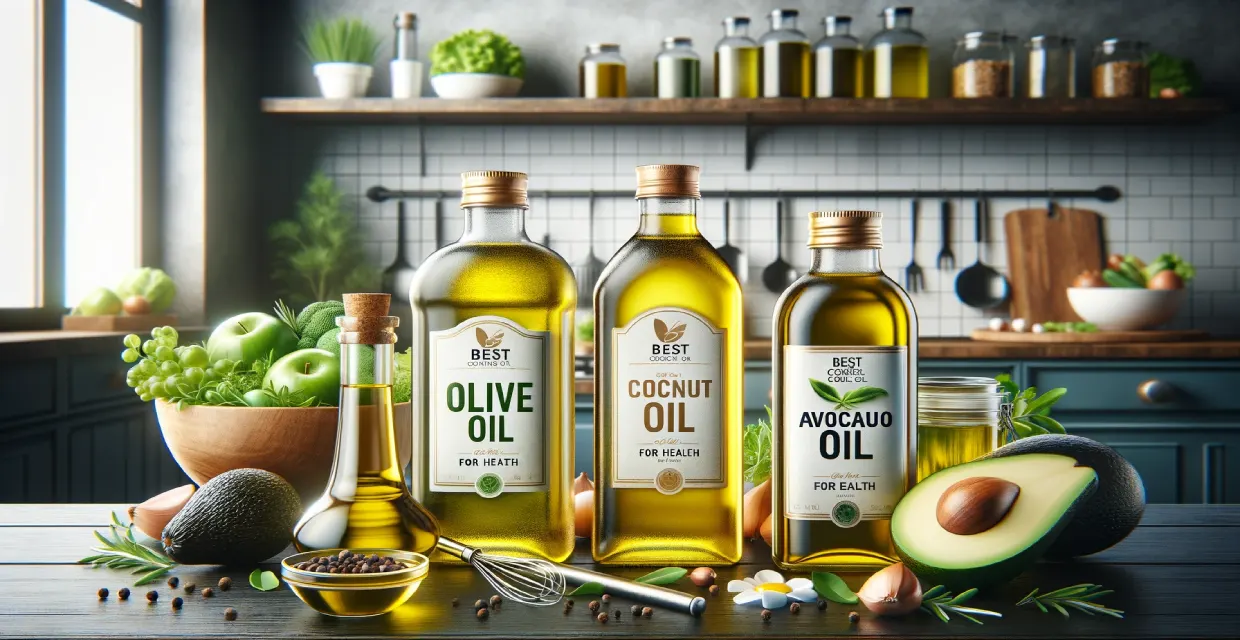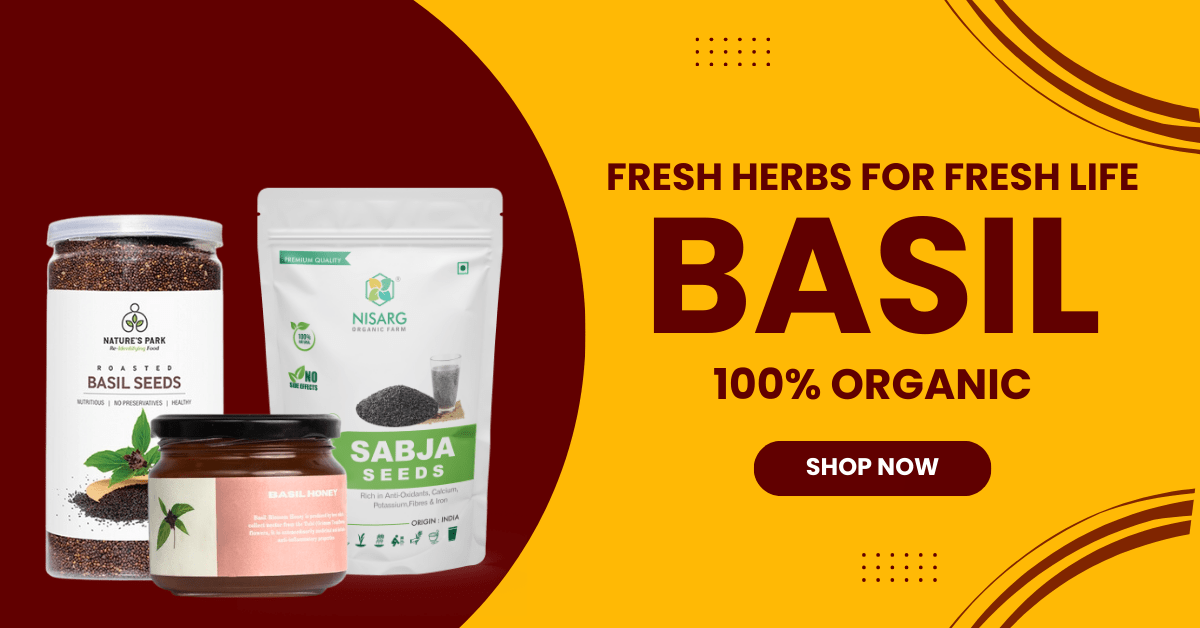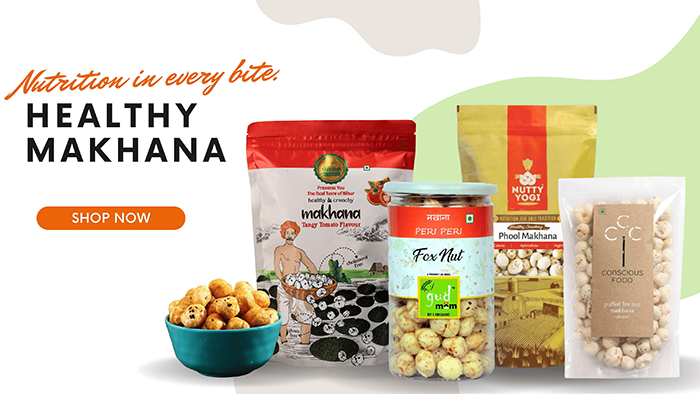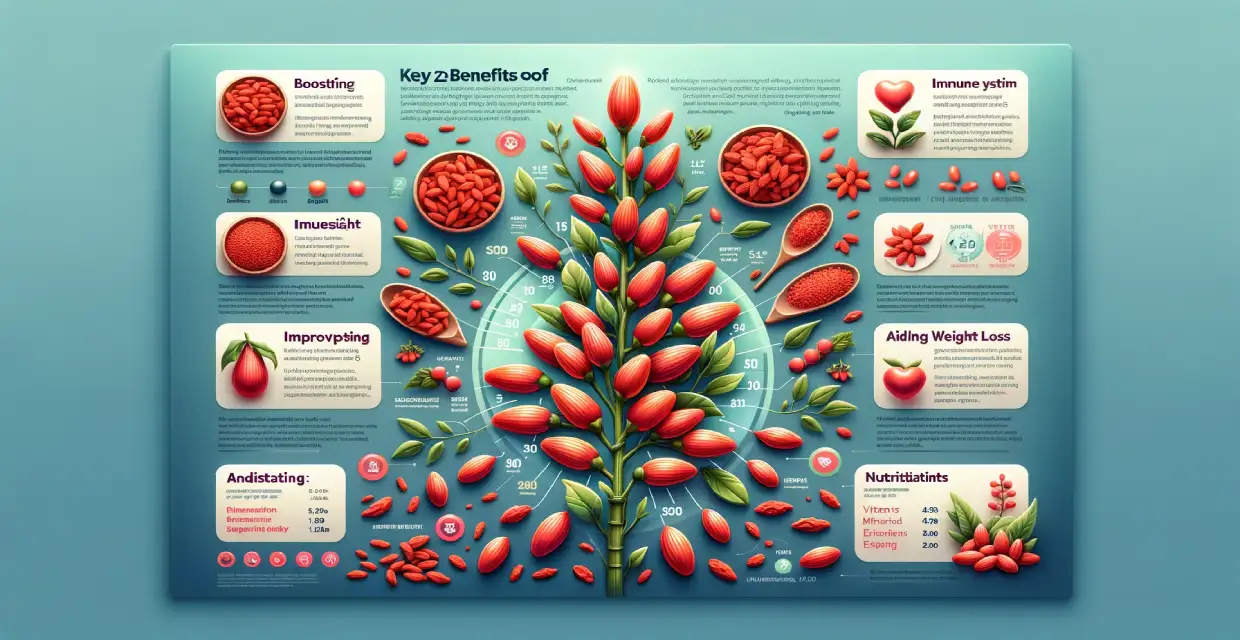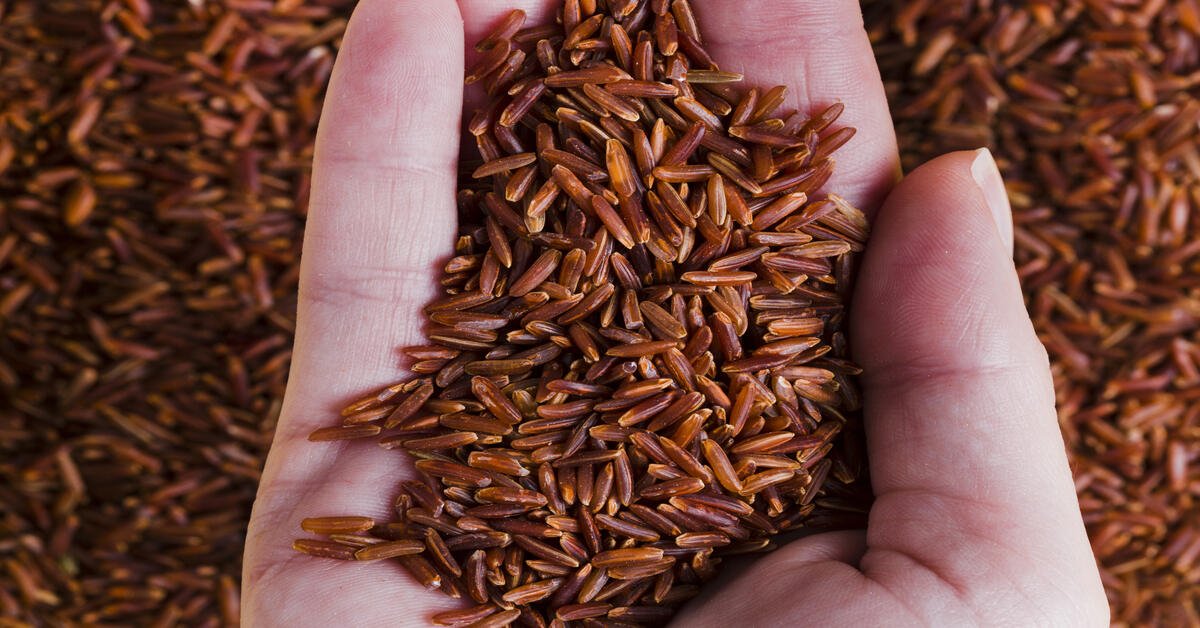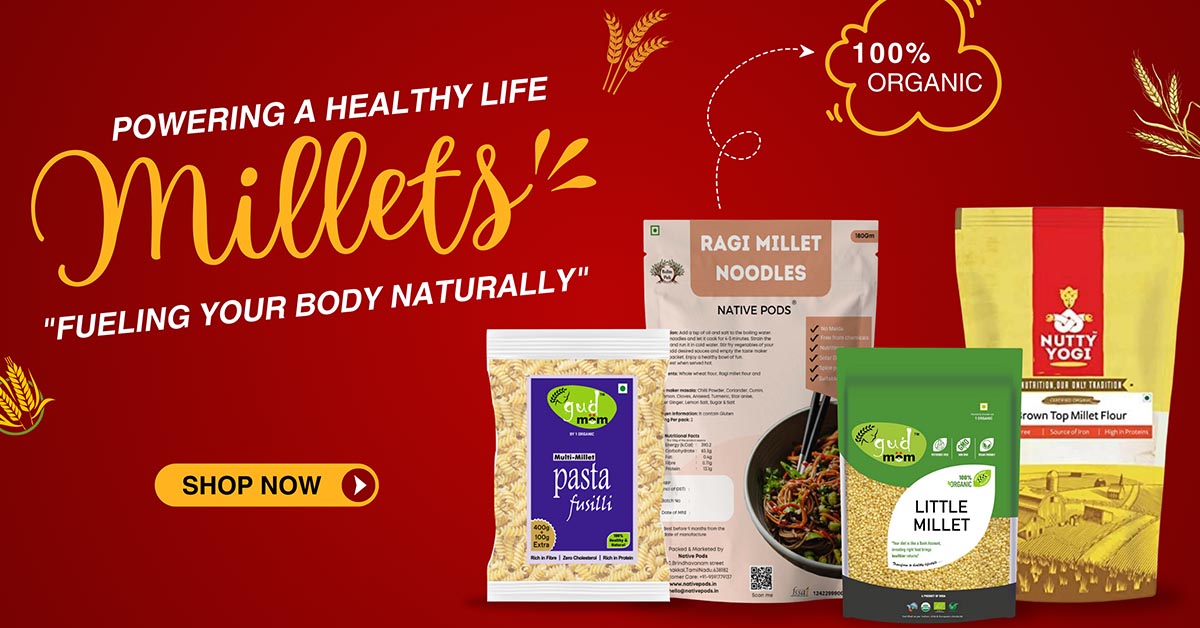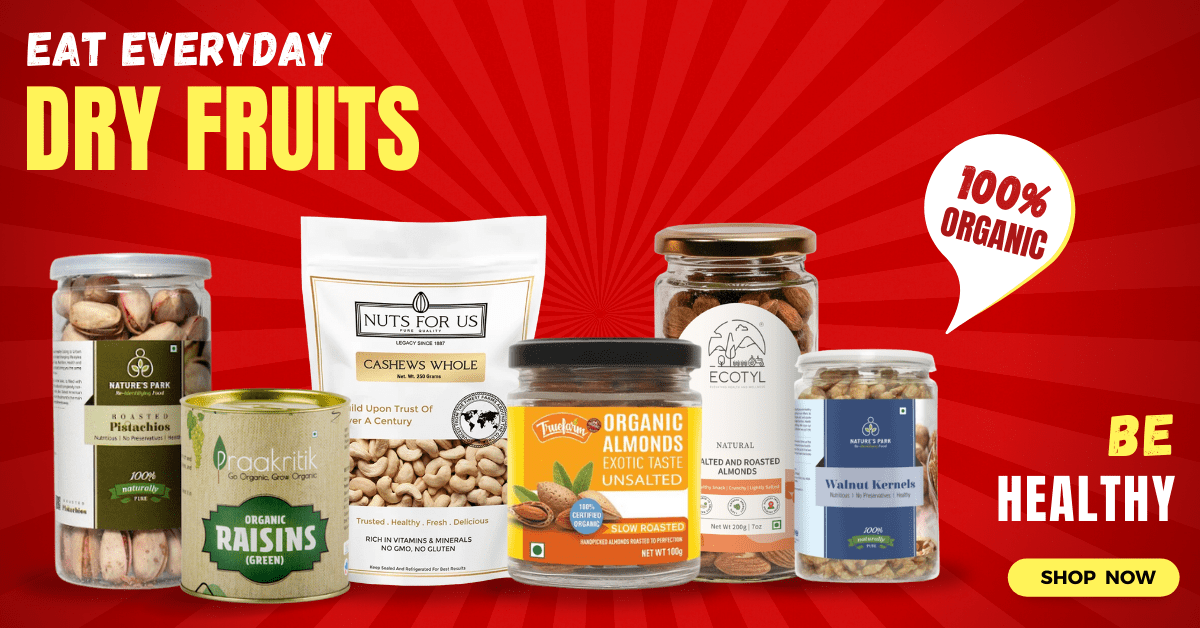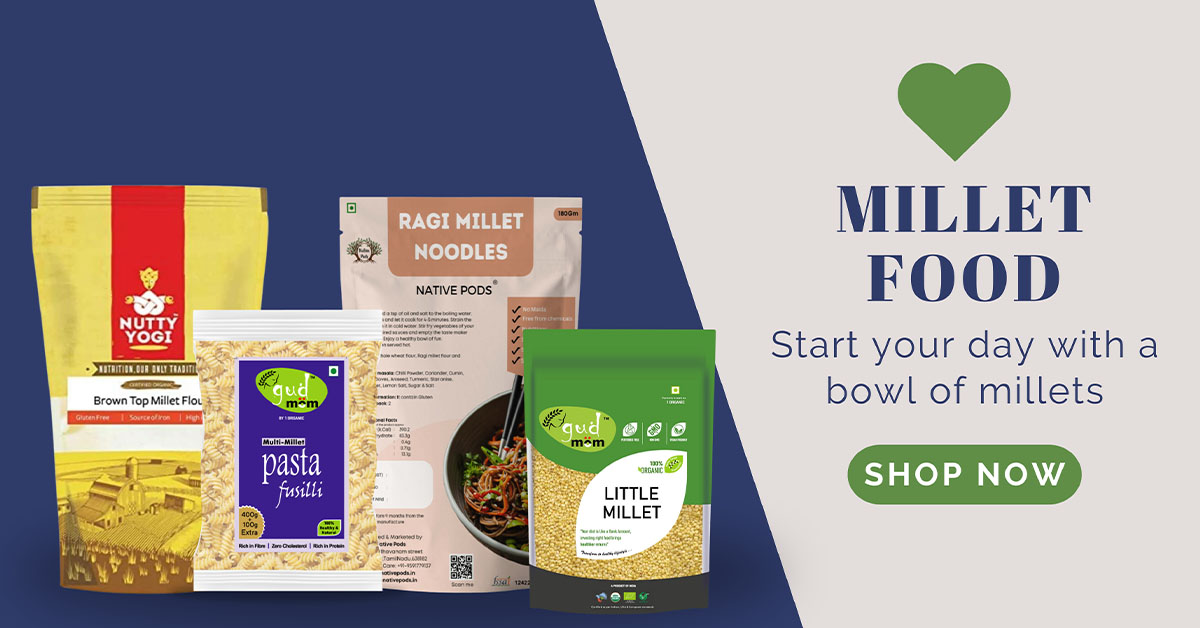Description
How to Use Orgalife Organic Vishnu Bhog Rice
Organic Vishnu Bhog Rice is a versatile ingredient that can be used in a variety of dishes, including:
- Rice bowls:Vishnu Bhog rice is a delicious and nutritious base for rice bowls. Top it with your favorite vegetables, protein, and sauce.
- Stir-fries: Vishnu Bhog rice is a great choice for stir-fries. It cooks quickly and evenly, and it pairs well with a variety of flavors.
- Soups: Vishnu Bhog rice can be added to soups for extra texture and flavor.
- Desserts: Vishnu Bhog rice can be used to make sweet dishes, such as kheer (rice pudding) or payasam (milk porridge).
Nutritional Benefits:
Organic Vishnu Bhog Rice is a delicious and nutritious rice that is a good source of fiber, vitamins, minerals, and antioxidants. It is a healthy and environmentally friendly option that can be used in a variety of dishes.
Organic food is more than just a trend—it’s a necessity for a healthier, sustainable future. Here’s why:
Organic food is free from harmful chemicals, synthetic pesticides, and genetically modified organisms (GMOs). It’s rich in essential nutrients, antioxidants, and natural flavors, ensuring a wholesome diet for you and your family.
Organic food production is a beacon of hope for a healthier planet, emphasizing harmony with nature while providing nutritious and chemical-free produce. Here’s how it promotes environmental sustainability
Experience the essence of nature with our organic food products, crafted without harmful additives, preservatives, or artificial chemicals. Every bite is a step towards healthier living, providing nourishment straight from nature’s pantry. Choose purity, choose health, choose organic.
Ethical farming practices are the cornerstone of organic food production, ensuring that every step of the process respects nature, supports communities, and promotes sustainability. Organic farming avoids harmful pesticides and synthetic fertilizers, focusing on crop rotation, natural composting, and soil health to minimize environmental impact.
Organic farming preserves soil health, biodiversity, and water Every purchase empowers small-scale farmers, creating jobs and strengthening the community. Locally sourced organic food cuts down on transportation, reducing carbon footprints.
Experience the pure, authentic taste of nature with organic food. Grown without harmful chemicals or synthetic fertilizers, organic produce retains its natural flavors, making every bite deliciously wholesome. Not only does it taste better, but it’s also packed with superior quality nutrients, ensuring a healthier you
Purchasing organic food often means supporting small-scale, local farmers who employ sustainable practices, thereby strengthening community.
Organic farming often involves humane treatment of animals, such as allowing them to roam freely and feeding them organic diets.
While organic food may come with a higher price tag, it is an investment in your health and the planet’s future.
By switching to organic food, you contribute to a cleaner environment and a toxin-free lifestyle.
Organic foods are often richer in essential nutrients such as vitamins, minerals, and antioxidants compared to conventionally grown counterparts. Studies suggest that organic produce may have up to 50% more antioxidants, which play a vital role in reducing inflammation and combating chronic diseases.
Consuming organic food means reducing your exposure to harmful chemicals like pesticides and herbicides. These substances can accumulate in the body over time, potentially leading to health issues such as hormonal imbalances, neurological disorders, and cancer.
Many people report that switching to organic food alleviates allergies and food sensitivities. This could be because organic food lacks synthetic preservatives and additives that often trigger allergic reactions













 COD IS AVAILABLE
COD IS AVAILABLE












































































